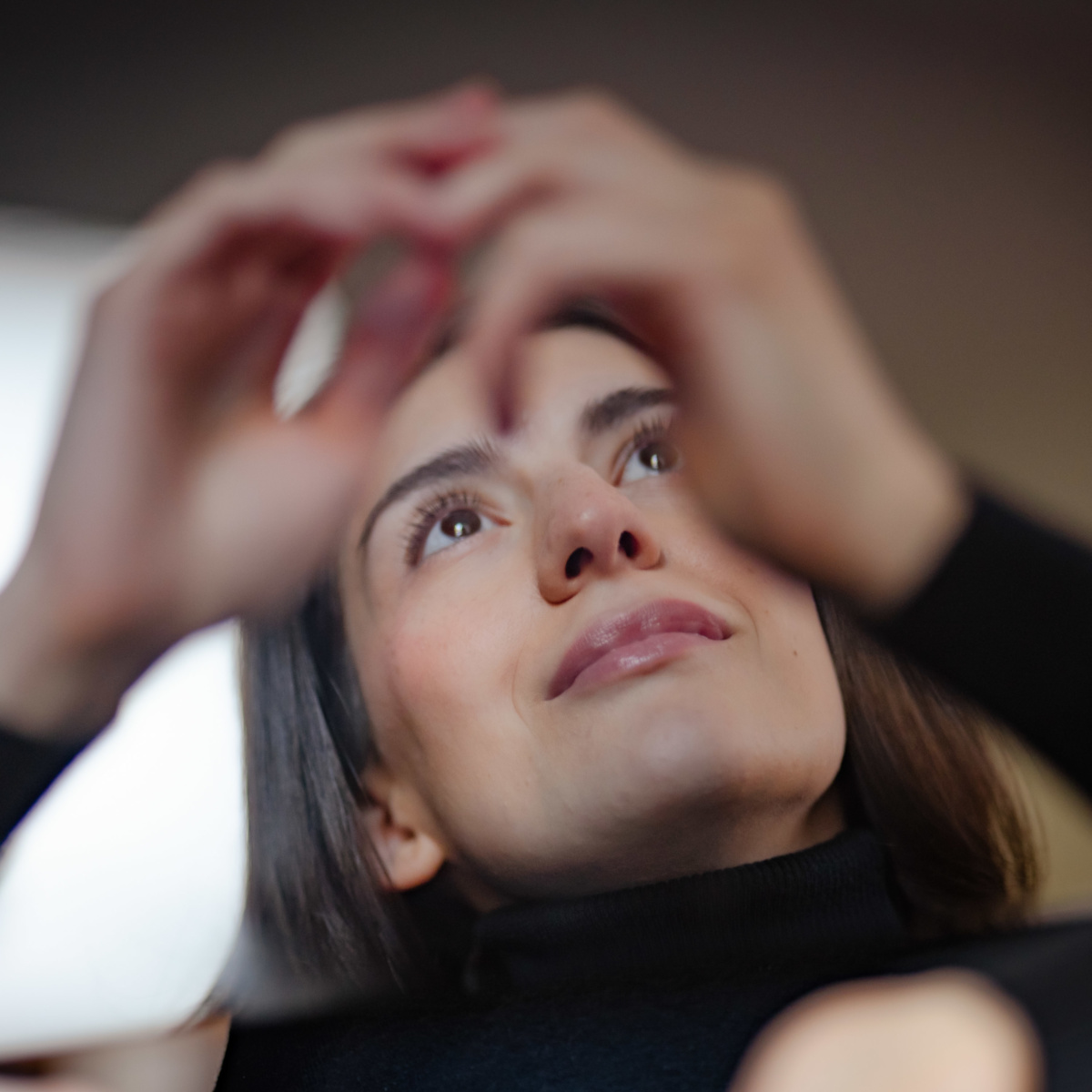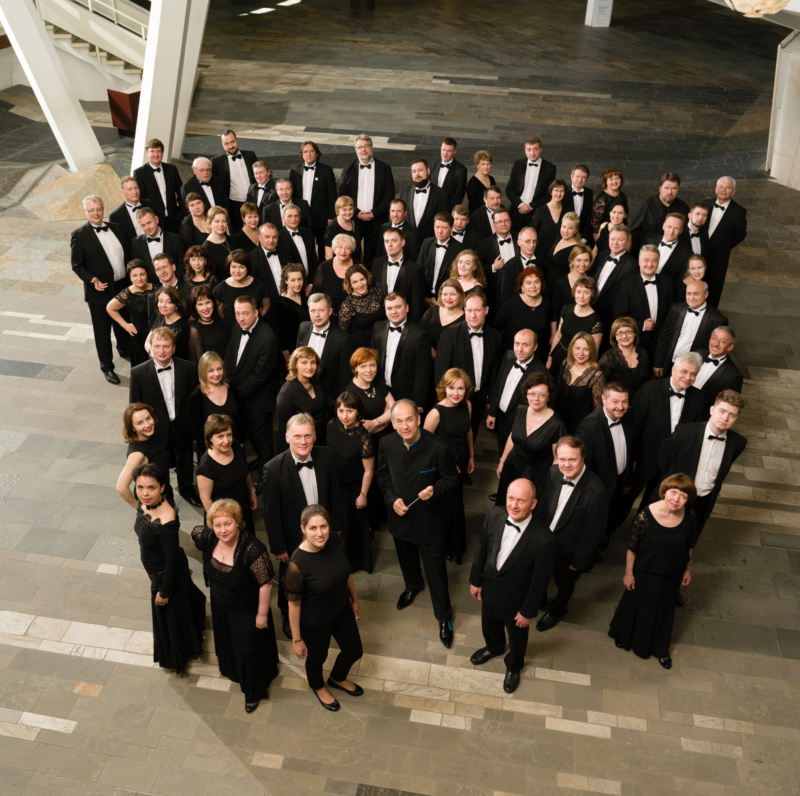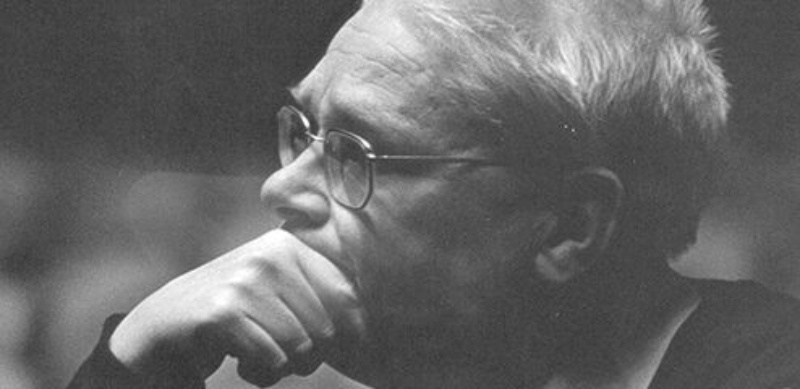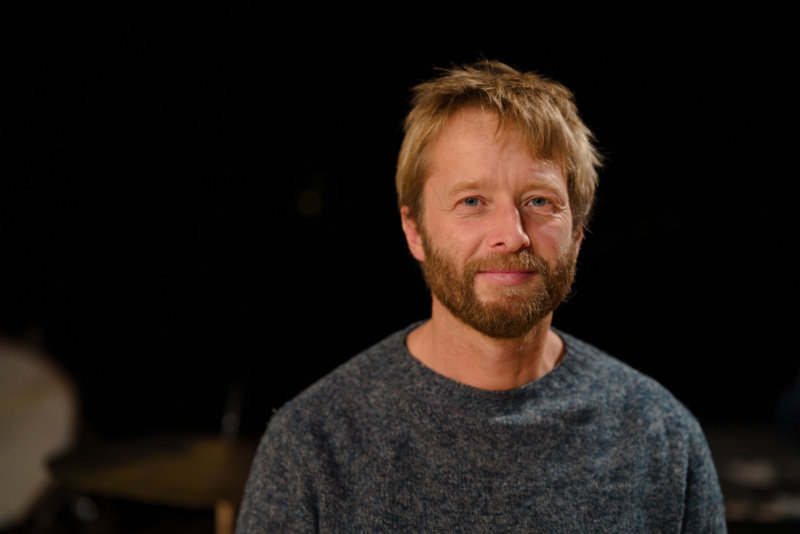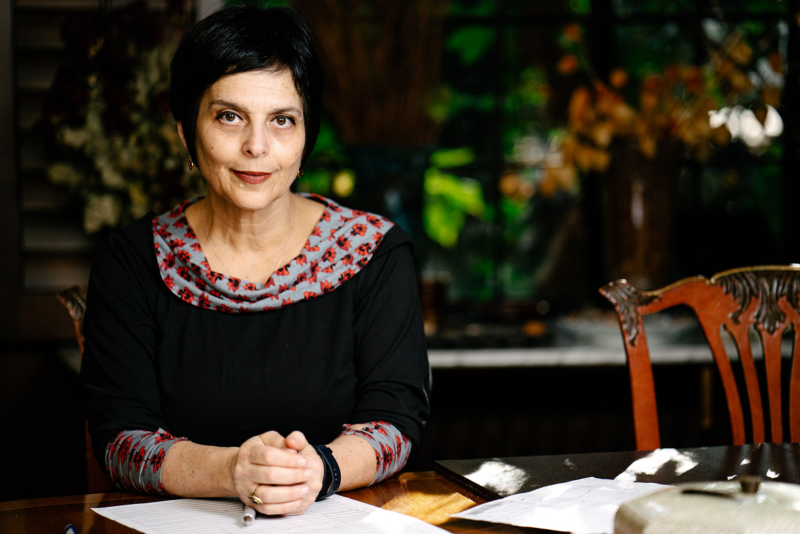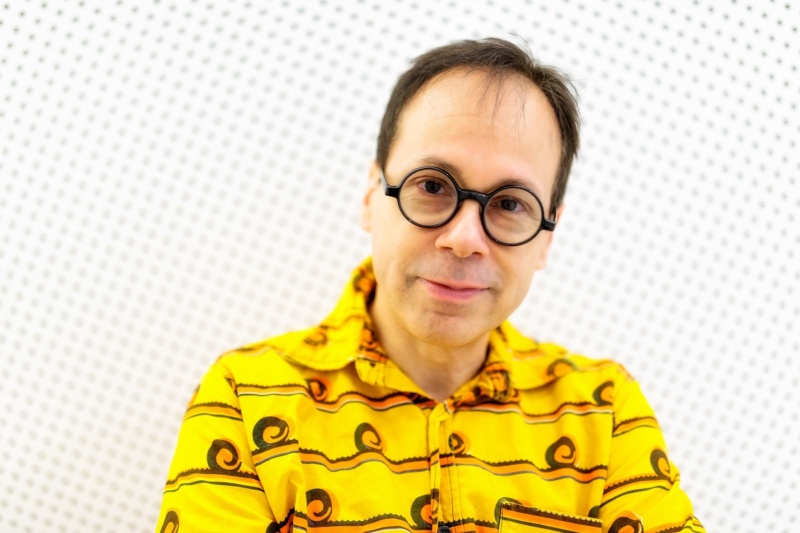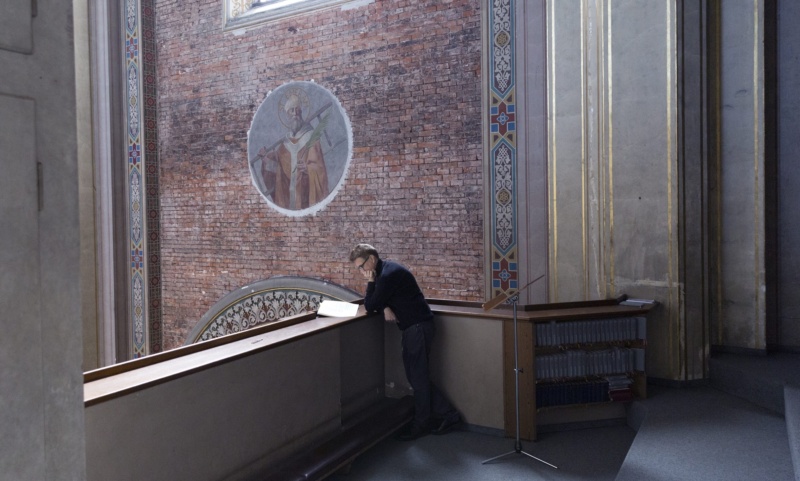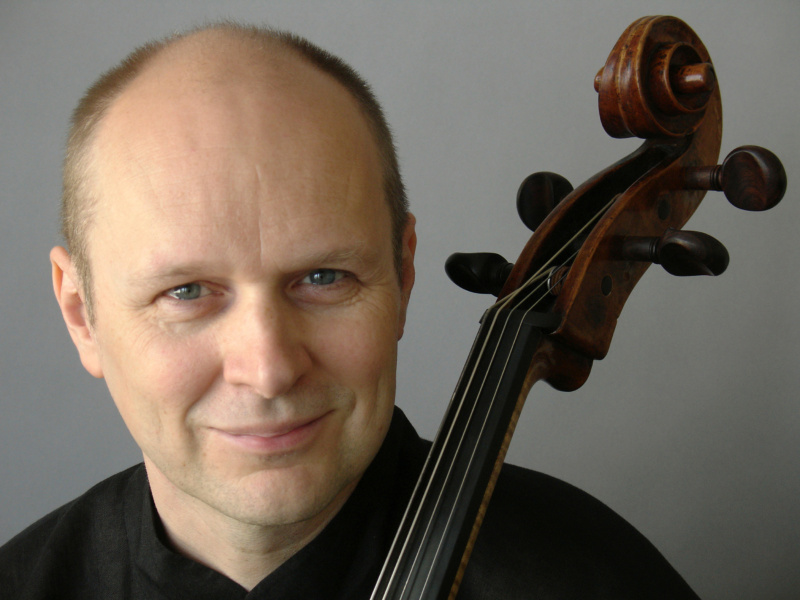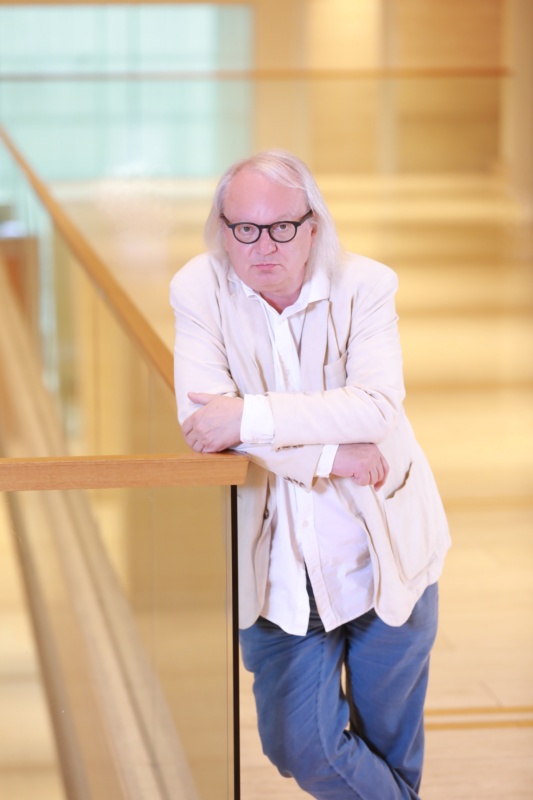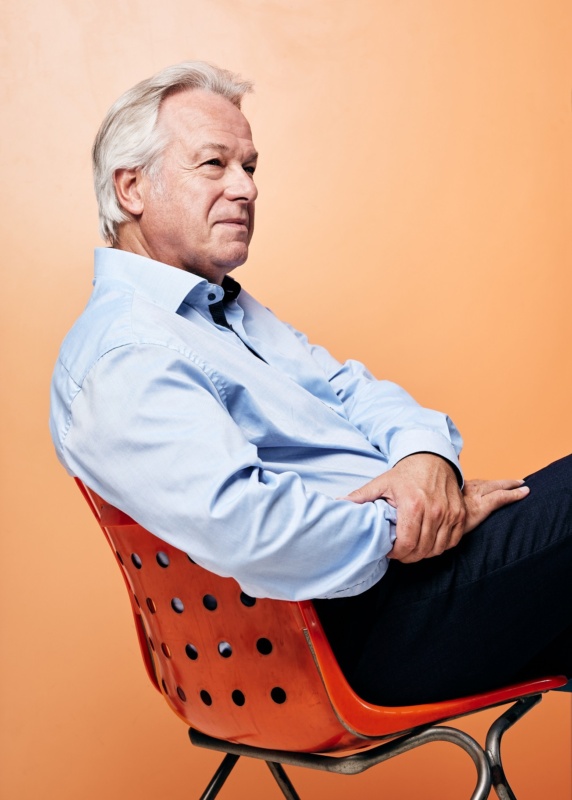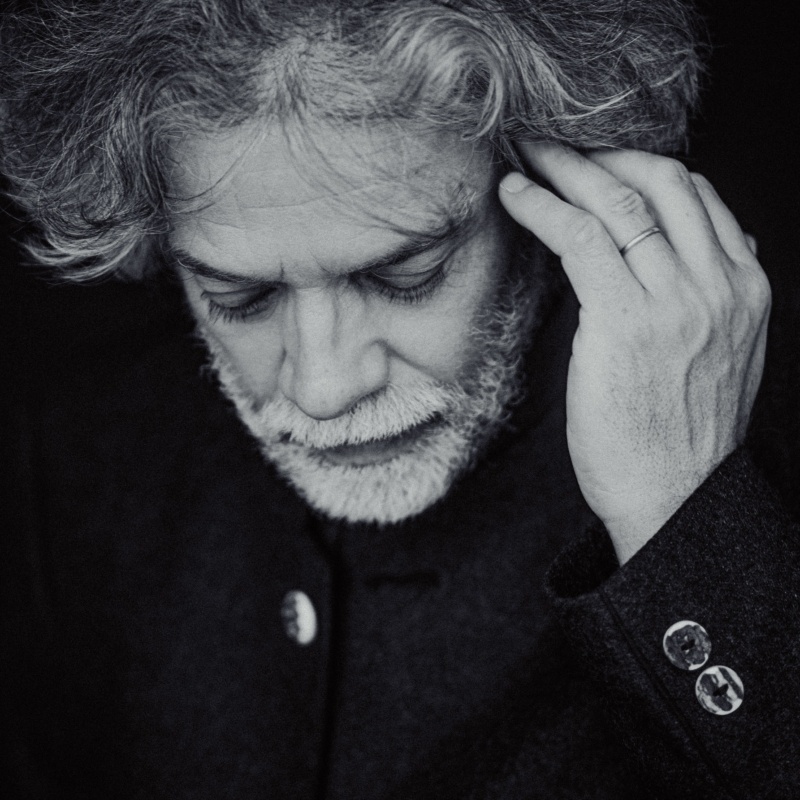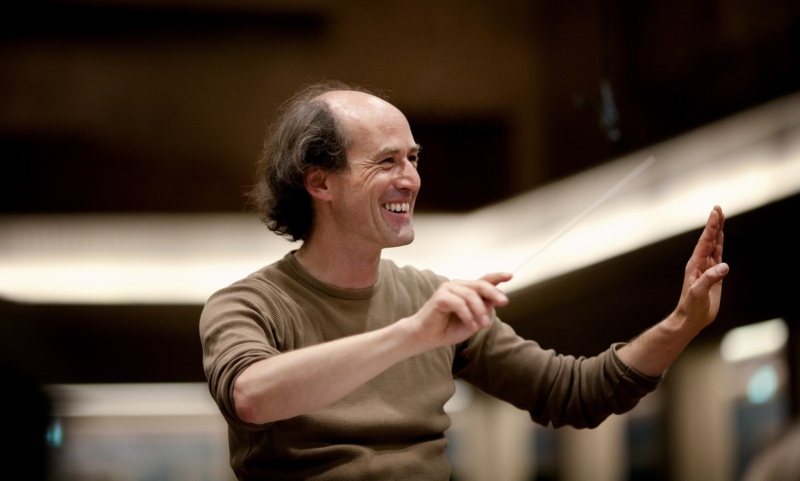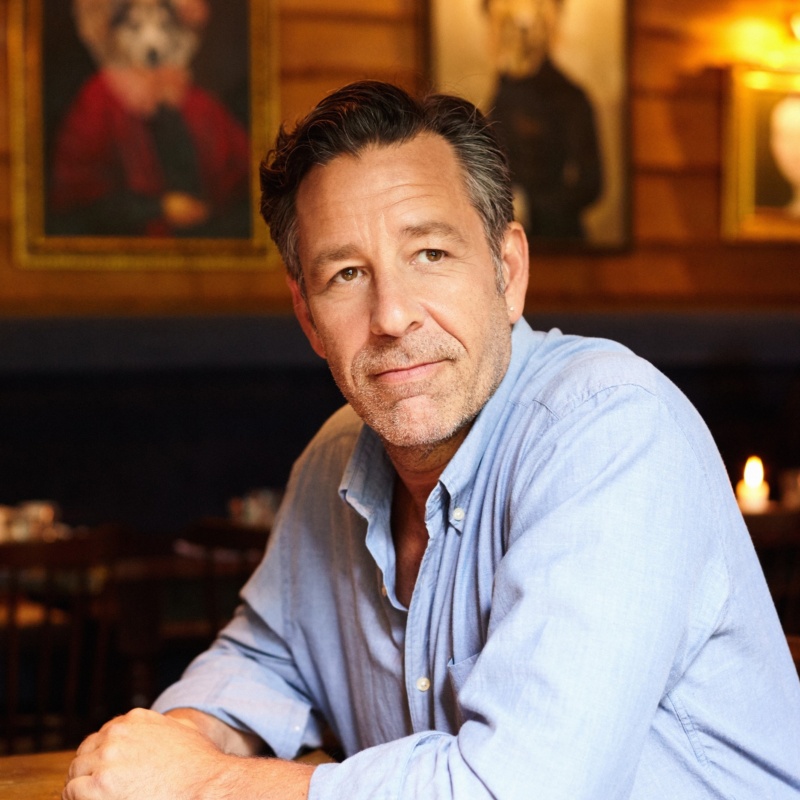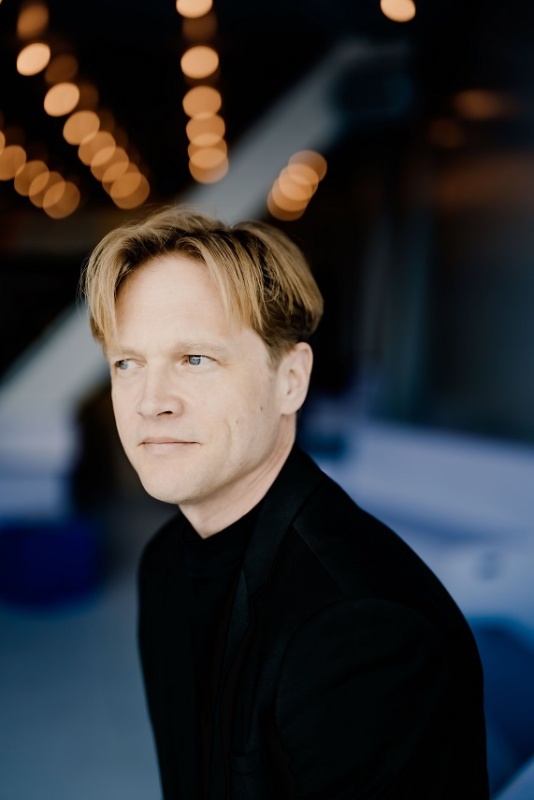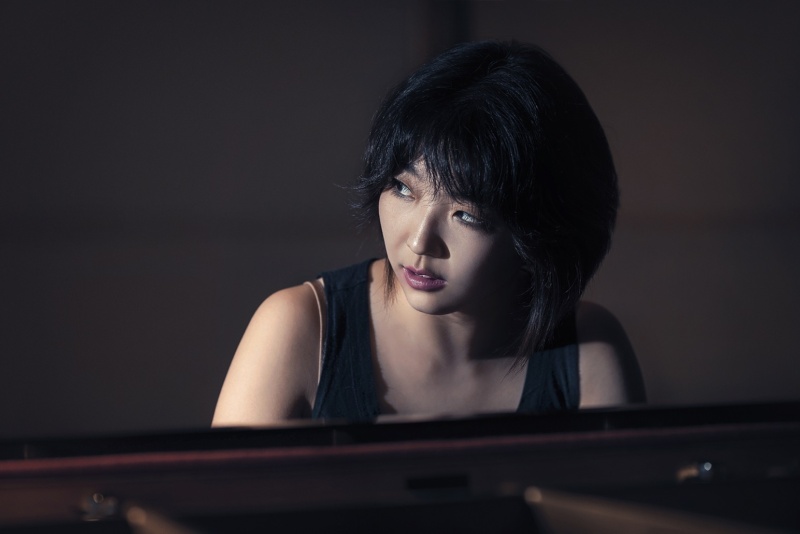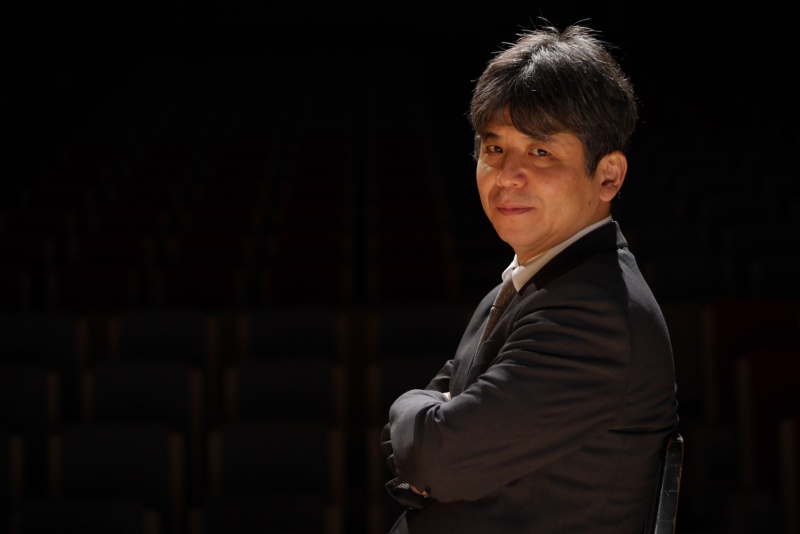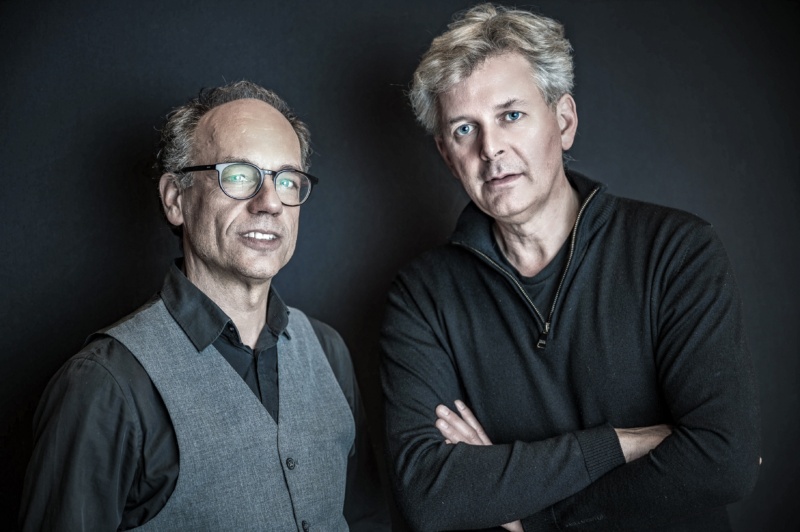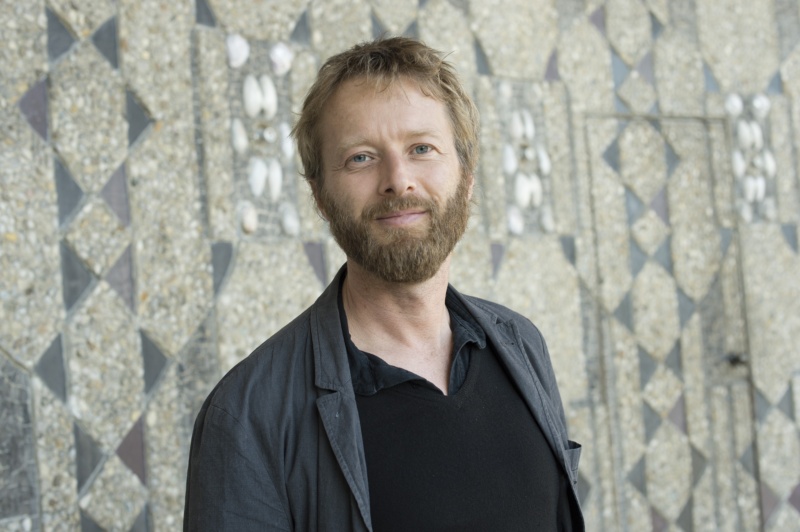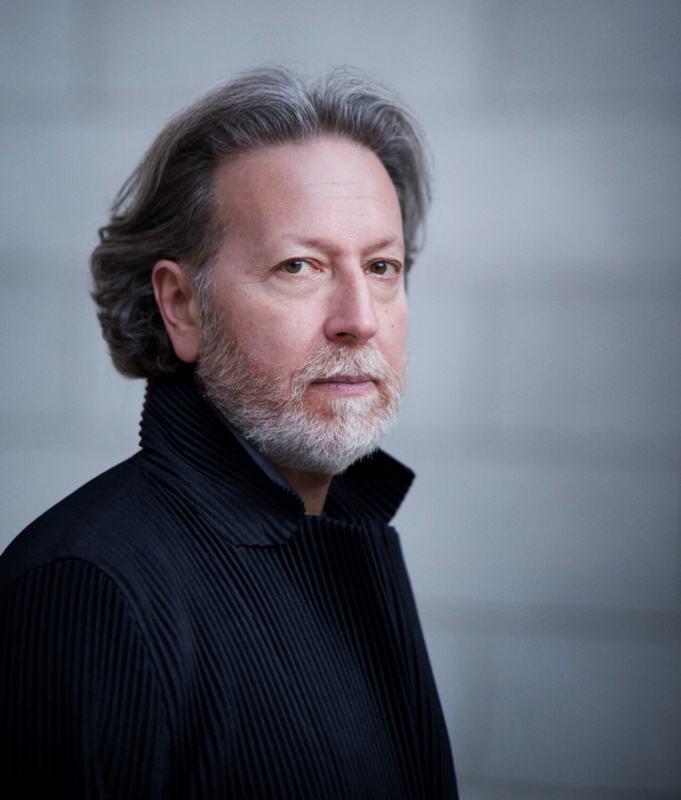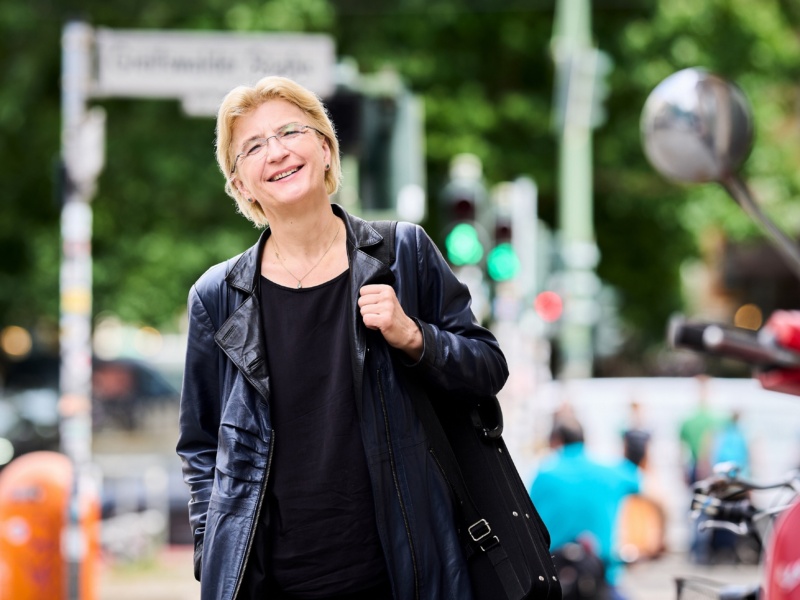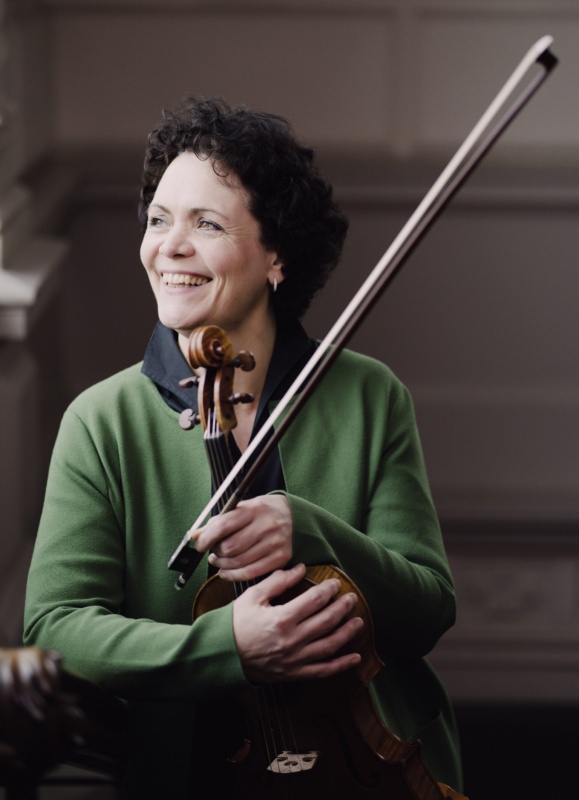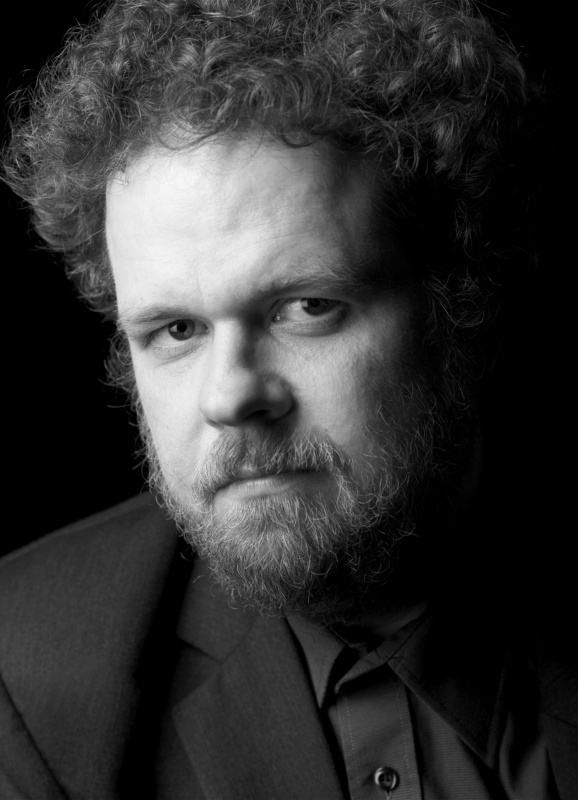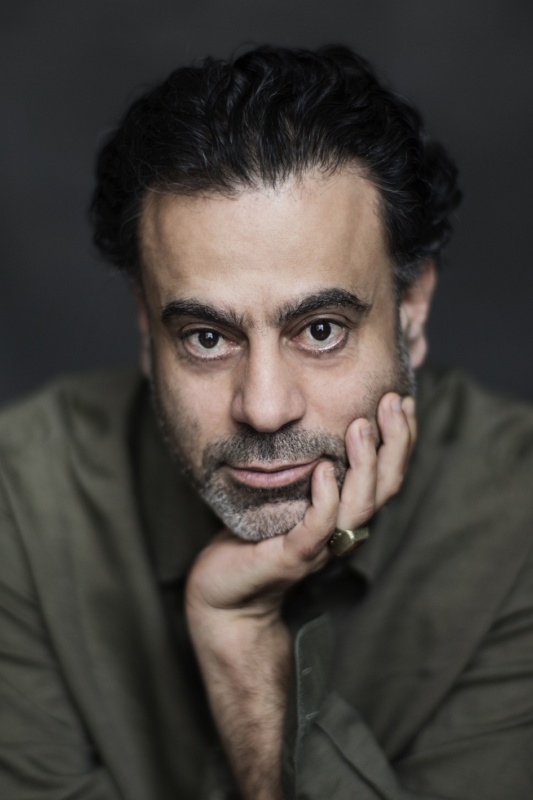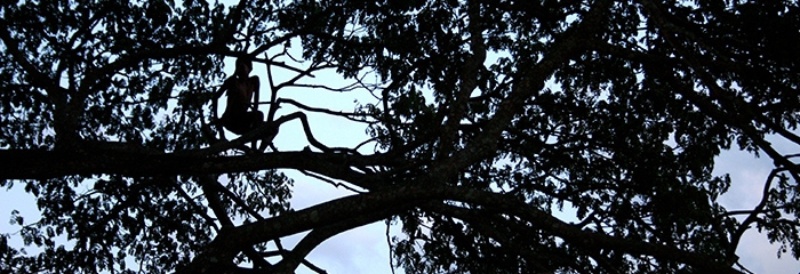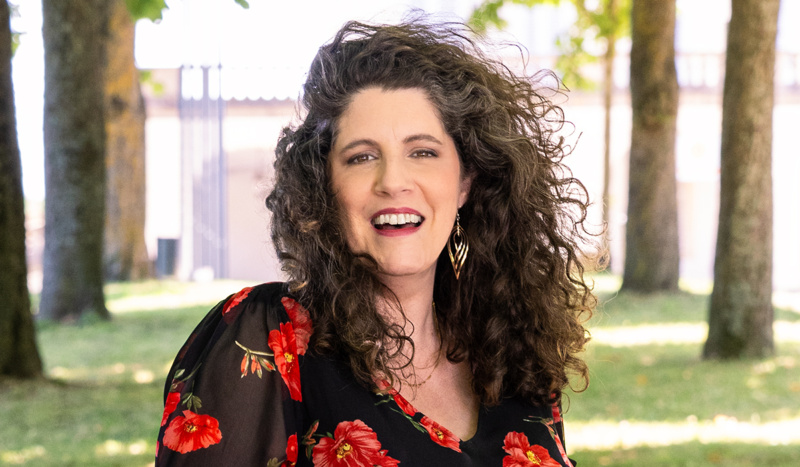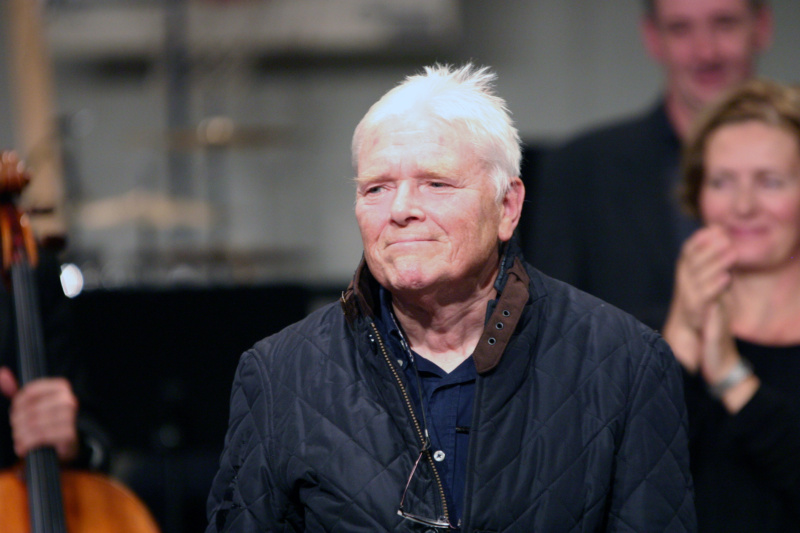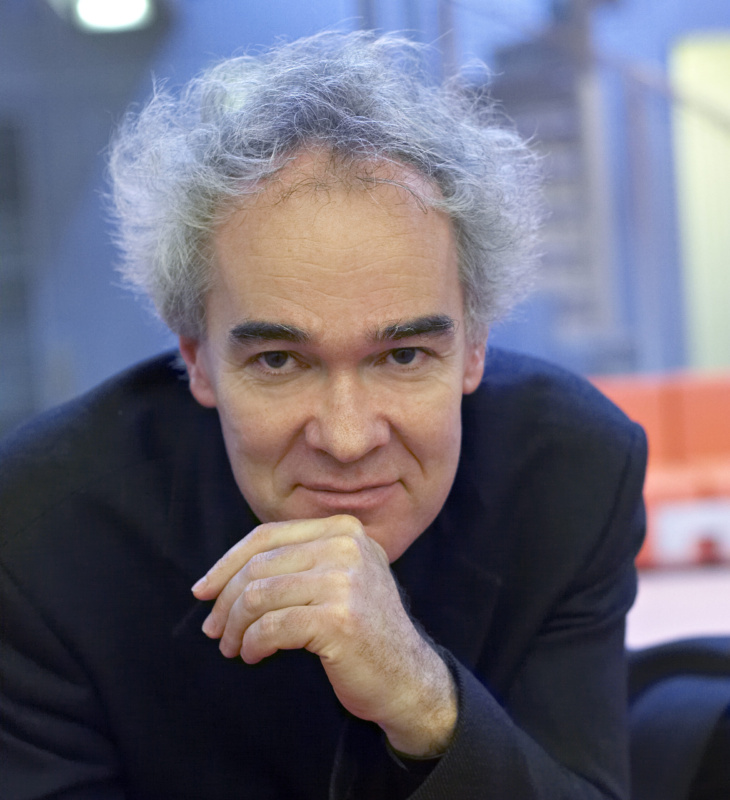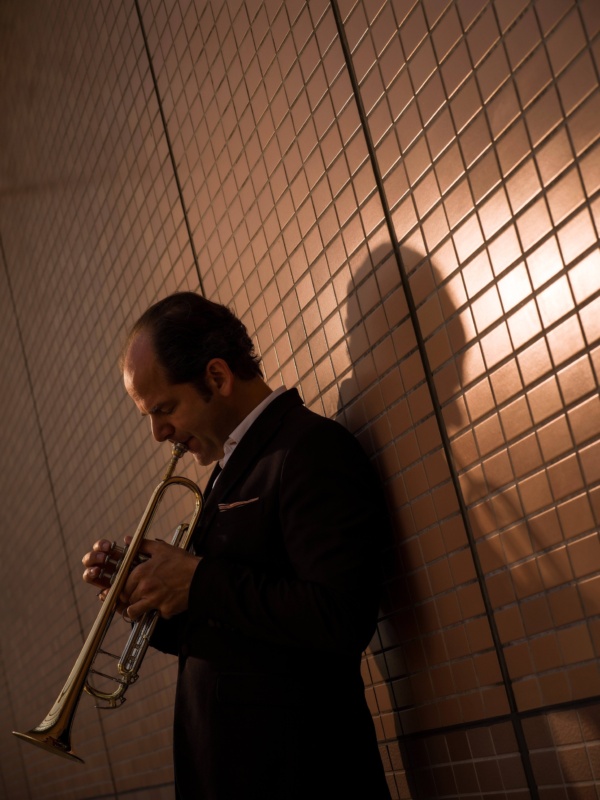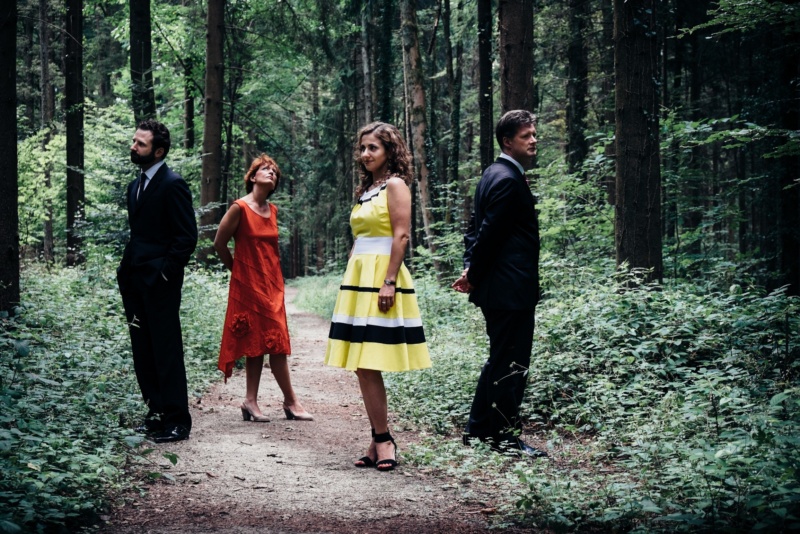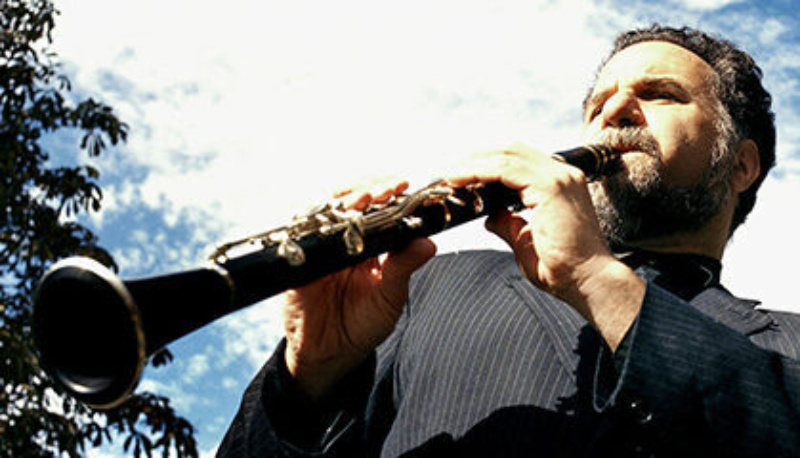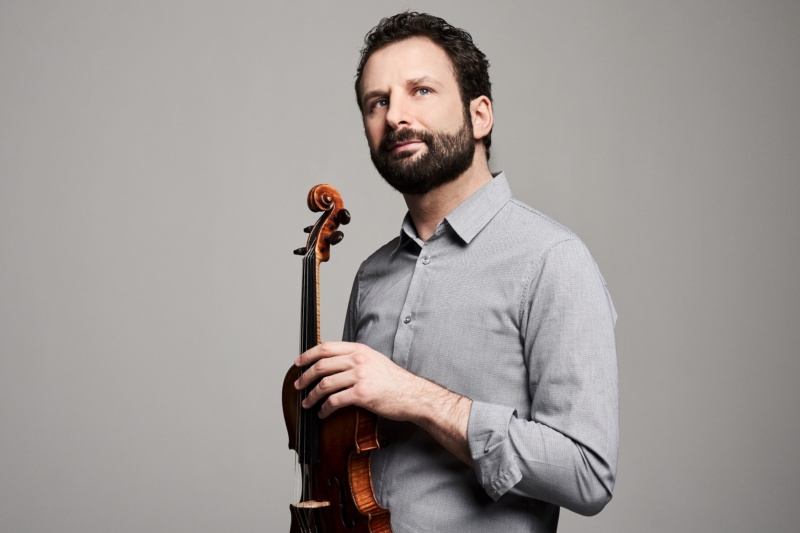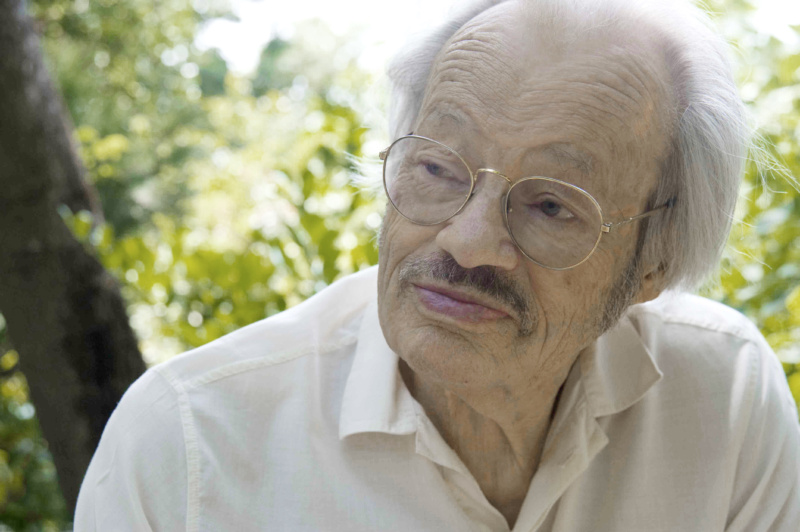Mariam Batsashvili has stunned, fascinated and touched audiences at the most renowned concert halls in Europe during her tour as a “Rising Star” of the European Concert Hall Organisation (ECHO). Following the tour, the young Georgian pianist received the exciting news that she will be a BBC New Generation Artist, as part of which she will perform at major festivals and concert venues across the UK during the 2017/18 and 2018/19 seasons. In conversation, she shares her impressions on a whirlwind few months, the magic of the classical concert, and her tips for surviving the rigours of life on tour.
Mariam, you’re coming to the end of a big season in which you performed in practically all the major European concert halls. What are your reflections on the tour?
Of course, I was told that I would be playing in venues including large concert halls and chamber music halls, but to start with the Cologne Philharmonic, which really is huge, was quite a shock. What I can say is that I found almost all the halls acoustically perfect, whether big or small, and I now understand why they are built in this way. It’s inspiring to know that so many great musicians have performed there before me. The halls have a particular spirit because of this history. As well as the concerts, we also tried to communicate with the public through projects with school children as well as question and answer sessions and concert introductions. It is great that the ECHO tour provided this opportunity. We also had to play contemporary music written especially for us – my piece was by a young Spanish composer. The ECHO project is not only about supporting performers and the popularisation of classical music, but also young composers.
You had the chance to play your pieces very often and in various places. Did they change throughout the tour?
I played the Sonata by Franz Liszt almost everywhere; this has always been my favourite piece. But, of course, the interpretation changes. There are two ways in which this can happen. Firstly, it can get worse – your playing becomes routine and you start to lose some of the detail. This is of course terrible, and hopefully this didn’t happen to me. In fact, I found the opposite; that every performance became better. Listening back to recordings, as well as whilst playing, I kept finding new things, new details I hadn’t noticed before. I wondered how that could be possible, since I had already worked so thoroughly on the piece. But in concert, new and interesting things come to life. Things can change depending on the aura in the room, on the people, and your relationship to them. It’s a kind of magic.
How did you prepare for the sheer amount of concerts and life on the road?
The Liszt competition also gave me the opportunity to go on a big concert tour for two and a half years, so I have really been travelling since 2014. Therefore I already had a routine which I took very seriously. Sometimes there were moments where the travel became too much, but I have a little trick: talking to myself in the mirror. I tell others to do the same, as it really helps remind yourself what you want and what your real goals are. Don’t let these moments interfere with the larger plan, but rather gather your strength. Performing after a sleepless night, after a long flight, with jetlag – I have been through all this, so I know my own strength. You can only achieve things if you really want to, if you are motivated and have ambition.
Regarding practicing on the road, I always take my scores in my hand luggage. Practicing mentally with the scores is part of my routine – it helps me a lot, and I use the opportunity to do it whilst travelling. One other thing: travelling stops being fun or exciting when you do it six times a month. I always look forward to the concerts, but there was a period when I became quite tired of being on the road. But then I said to myself, OK, when would I otherwise get to sit down for about four or five hours a day and do something I wouldn’t normally get the chance to do; read a couple of books for example. Now I have learned to use this time for my own pleasure.
As well as recitals, you are increasingly performing as a soloist with orchestras. How do you find working with a musical partner, an orchestra or a conductor, with their own musical agenda?
The most important thing is to meet the conductor alone first, to play through the piece, talk about it, and decide what you want to do. You can’t leave it until rehearsals to decide this, when the orchestra is sitting there.
Critics have particularly praised your ability to really play together with the orchestra.
The orchestra helps me, and is there for me. I am really allergic to the idea of saying “I’m the soloist, just follow me.” This never works! You have to work together with the conductor – we are both there to serve the same thing, the piece.
Interview: Nina Rohlfs, 2017
